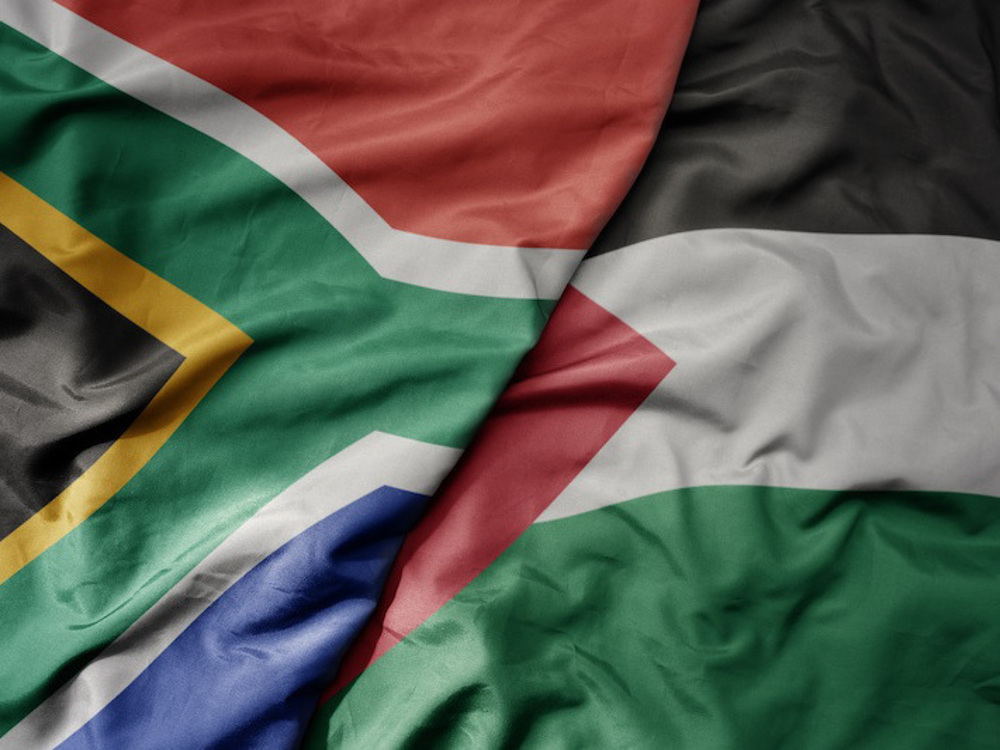UN Human Rights Council extends Burundi abuses probe
The UN Human Rights Council voted Friday to extend the mission of an international probe into atrocities in Burundi, overriding strong pushback from the government accused of crimes against humanity.
The adoption of the European Union resolution to prolong the mandate by a year came a day after the council's African bloc approved a separate measure to send a team of experts to Burundi that would report their findings to the government.
The controversial African proposal, strongly supported by Burundi's UN delegation, angered Western delegations and rights groups.
They blasted it as an underhanded attempt to suppress the impact of the UN-backed probe, which has collected evidence of egregious crimes orchestrated by Burundi's government and security forces.
The EU proposal, which was backed by the United States, passed Friday with 22 votes in favor, 11 against with 14 abstentions.
The African group was split on the EU measure: South Africa and Ghana voted against, while Kenya, Nigeria and Ivory Coast abstained.
With both Burundi resolutions having been approved by the council, the crisis-riddled country is now in the rare circumstance of being subject to two investigations.
In accordance with the African-backed plan, three experts will be "urgently" dispatched to Burundi to study the situation and then "forward" their findings to the judicial authorities, who will assess their validity.
The EU resolution extends the work of the independent Commission of Inquiry, which earlier this month accused the government of crimes against humanity, including executions and torture.
"The Commission can now continue its crucial work to end the abuses and hold perpetrators accountable," the Geneva director for Human Rights Watch, John Fisher, said in a statement.
"Burundi's victims deserve no less", he added.
Burundi plunged into crisis in 2015 after the country's President Pierre Nkurunziza sought a fiercely contested third term in office.
The violence claimed between 500 and 2,000 lives, according to differing tolls from the UN and civil society groups, while more than 400,000 Burundians have fled abroad.
(Source: AFP)
'Next to impossible' to rescue patients from Gaza's Kamal Adwan Hospital: Director
VIDEO | Vietnam current prosperity
Report blames gasoil exports for shortage at Iranian power plants
VIDEO | Hind Rajab Foundation names Israeli war criminals vacationing after Gaza genocide
VIDEO | Australians rally for Gaza ahead of Christmas festivities
VIDEO | Attacks on Sana'a
Iran reports further drop in annual inflation rate in December
Israel indicts two settlers over suspected spying for Hezbollah















 This makes it easy to access the Press TV website
This makes it easy to access the Press TV website